Insulating electrical Cables and Wires offers multiple benefits, including enhanced safety, protection against short circuits and environmental factors, improved performance, and compliance with electrical codes.
Benefits of Insulating Electrical Conductors
-
Electrical safety
Insulation provides a protective barrier between the electrical conductor and its surroundings, minimizing the risk of electric shock. It helps prevent accidental contact with live wires, reducing the potential for injuries and fatalities. -
Protection against short circuits
Short circuits occur when two or more conductors come into direct contact, causing an excessive current flow. Insulation prevents short circuits and associated risks like fires, equipment damage, and electrical system failures. -
Thermal insulation
Electrical insulation materials often have good thermal properties. They can withstand high temperatures, which is especially important in high-power applications or when the wires are close to heat-emitting components. -
Electrical noise reduction
When wires are not adequately insulated, electromagnetic waves can be emitted, causing interference with nearby electronic devices or other sensitive equipment. Insulation reduces the emission of these waves and provides shielding against external electromagnetic interference. -
Improved performance and efficiency
Insulating wires and cables can enhance electrical performance and efficiency. It helps maintain the integrity of the electrical signals by minimizing losses due to leakage, capacitance, or inductive effects. Insulation also prevents energy losses through the conductor, improving the overall efficiency of electrical systems. -
Durability and protection against environmental factors
Insulation materials are designed to withstand various environmental conditions, including moisture, chemicals, UV radiation, and mechanical stress. Insulation shields the conductors from these elements, preventing degradation, corrosion, or breakdown that could affect the electrical performance or lifespan of the wires. -
Code compliance
Properly insulating wires and cables ensures compliance with electrical codes and standards, promoting electrical safety and reducing the risk of legal and regulatory consequences.
Different Types of Wire and Cable Insulation
Many Wire and Cable Insulation Types are used to suit various applications and operating conditions. Some common Types of Electrical Wire Insulation:
-
PVC (Polyvinyl Chloride)
PVC Wire Insulation finds widespread use due to its affordability and versatility. It provides good electrical insulation, flexibility, moisture, chemical, and abrasion resistance. PVC is popular in low-voltage applications such as building wiring, power cords, and consumer electronics. Various PVC Insulation Cable Types can be manufactured to have different levels of flexibility, making it suitable for a wide range of installation requirements. -
XLPE (Cross-Linked Polyethylene)
XLPE Cable Insulation offers excellent electrical properties, high-temperature resistance, and good mechanical strength. It is commonly used in medium and high-voltage power distribution cables, including underground power cables, industrial cables, and motor leads. XLPE is known for its thermal stability and resistance to environmental stress cracking. -
Teflon (Polytetrafluoroethylene or PTFE)
Teflon insulation is highly regarded for its exceptional electrical properties, including high dielectric strength and low dielectric constant. It is chemically inert, heat resistant, and offers excellent performance in extreme temperature conditions. Teflon-insulated wires are typically used in applications like aerospace, military, and high-frequency signal transmission. -
Rubber
Rubber insulation, made from natural or synthetic rubber compounds, provides excellent flexibility, durability, and resistance to heat, oil, chemicals, and abrasion. It is commonly used in portable cords, industrial machinery, and applications where flexibility is critical, such as robotics and automation. -
Silicone
Silicone insulation offers excellent flexibility and temperature resistance, with the ability to withstand high and low temperatures. It provides good electrical properties, and resistance to moisture, chemicals, and UV radiation. Silicone-insulated wires find applications in industries like automotive, aerospace, and high-temperature environments. -
EPR (Ethylene Propylene Rubber)
EPR insulation combines the benefits of rubber and plastic, offering good electrical properties, flexibility, and resistance to heat, moisture, and chemicals. It is commonly used in medium-voltage power cables, welding cables, and other applications that require high durability and resistance to harsh environments. -
Nylon
Nylon is commonly used as an outer jacket rather than primary insulation. It provides excellent mechanical protection, and abrasion resistance, and enhances the wire’s resistance to impact and crush. Nylon-jacketed wires are used in control panels, machinery, and automotive wiring. -
Fiberglass
Fiberglass insulation is made of fine glass fibers woven or braided into a flexible or rigid structure. It offers excellent thermal resistance, high-temperature tolerance, and resistance to chemicals and moisture. Fiberglass-insulated wires are used in applications like high-temperature industrial equipment, furnaces, and ovens. -
Paper
Although less common today, paper insulation was earlier widely used in early electrical systems. It consists of impregnated or coated paper, providing good dielectric strength and thermal stability. Paper-insulated cables are still used in some applications like oil-filled power transformers in electrical installations.
KEI – Encompassing the World of Electrical Wires and Cables
Insulating electrical wires and cables offers multiple benefits, including enhanced safety, protection against short circuits and environmental factors, improved performance, and compliance with electrical codes. Choosing Wire Insulation Types depends on factors such as voltage rating, temperature range, flexibility requirements, environmental conditions, and industry-specific regulations. It is vital to select the appropriate insulation from the Different Types of Cable Insulation to ensure reliable and safe electrical connections in various applications. KEI is among the top manufacturers of electrical cables and wires in the country and has a significant presence in the extremely competitive international markets. For more information on its comprehensive product range visit the website https://www.kei-ind.com/ or you can mail to info@kei-ind.com for made-to-order product related queries.







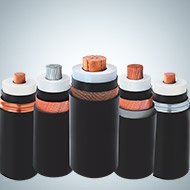
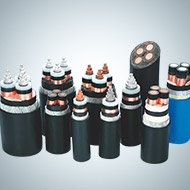
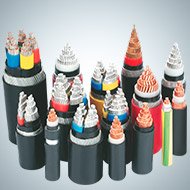

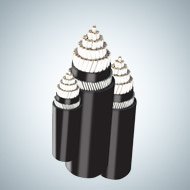

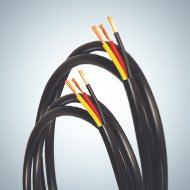
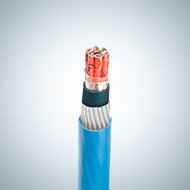
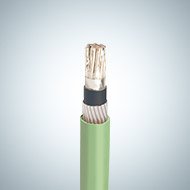
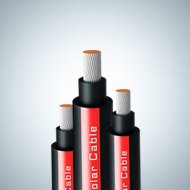
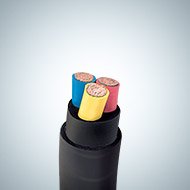
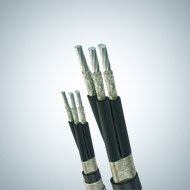
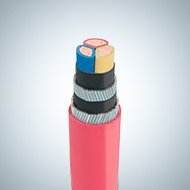
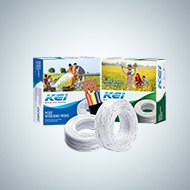

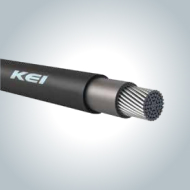
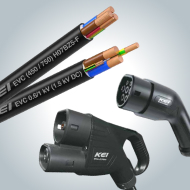
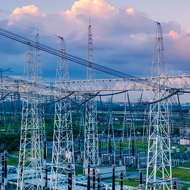


























 Subscribe Newsletter
Subscribe Newsletter